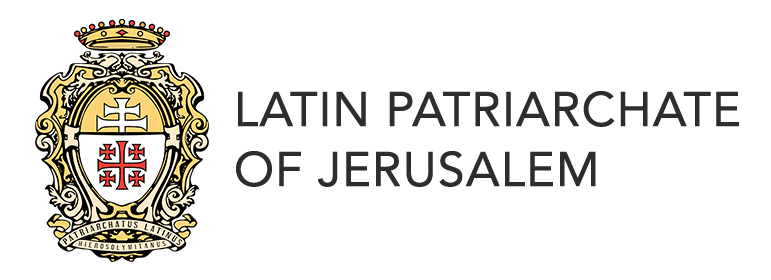XXIII Sunday in Ordinary Time, Year A
Mt 18:15-20
In today's passage, (Mt 18:15-20) the act of listening is revealed again as the central idea.
So far, Sunday’s Liturgy has continuously revealed to us the fundamental act of listening to the Word of God, the Word of life. As we have seen, the Word consoles and encourages, but also corrects by speaking the truth, deeply transforming the perspective and the heart of the listener.
In today’s passage, the verb listening returns three times (Mt 18:15,16,17), however, it no longer refers to listening to the Word of God. But listening to the word of one’s brother, within the community of Jesus' disciples.
The context is one of fragility and sin.
Matthew seems to be saying that the Christian community, like any other community, knows the experience of sin, fragile and wounded relationships, relationship problems, and the struggle to meet and understand each other: this is a normal part of any coexistence between people.
For example, the book of Acts of the Apostles confirms to us that the early Church often experienced moments of tension and was not unscathed by any of the temptations of the human heart, which create fatigue within relationships, such as jealousy, injustice, indifference, presumption...
Then, what is the difference in the way this reality is experienced in the Christian community? The difference is all in the word, that is, in the courage and freedom to speak to one another.
Among brothers and sisters in the Christian community, weakness should not be the reason to close a relationship, to interrupt the circle of the word, but rather should become a privileged opportunity to talk to each other. When someone commits a fault, the word, the talking to each other, becomes more necessary so that no one is left alone in their sin: those who have sinned have a "right" to hear a word that will help them shed light and return fully to the bosom of the community.
Whoever listens, even if he has committed any kind of sin, is not excluded from the community, but is again "gained" to the Lord and to his Body, which is the Church ("If your brother commits a sin against you, go and admonish him between you and him alone; if he listens to you, you will have gained your brother" - Mt 18:15).
The community of disciples is not a perfect community, but it is a community where we listen to each other.
It is a responsibility and power common to all members of the community: Jesus says that when someone commits a fault, the first step is not to delegate to authority the task of intervening and correcting, as is the case elsewhere. In Christian brotherhood, each person is responsible for his own brother (Mt 18:15), and no one can feel disempowered from the duty of going in search of his lost brother: for this search for his lost brother is a way of loving him.
The way Jesus gradually widens the circle of people ought to intervene in the correction (Mt 18: 16-17) shows that the purpose of fraternal correction is not to humiliate the brother, much less to gratify one’s own supposed righteousness, but to minister healing to the brother and to save the relationship. For in the Christian community, the other is part of me, we are the same Body.
The other's pain, his illness, hurts everyone.
The concluding verses of this passage tell us two fundamental things about our relationship with God.
The first is that God hears the prayer of those who have forgiven one another ("If two of you agree on earth about anything for which they are to pray, it shall be granted to them by my heavenly Father - Matt. 18:19).
Clearly, God hears every prayer. But where brothers experience forgiveness and reconciliation, their prayer is in some way already answered.
The second is directly related to the first ("For where two or three are gathered together in my name, there am I in the midst of them- Matt. 18:20).
Because, after all, what do we ask for in our prayer, always?
We ask for God to be with us, for God to be in our midst, to be present.
These verses tell us that God's presence in the midst of his own people, in addition to the liturgical moment and the sacraments, is also manifested in this way of fraternal life: where there is a community of brothers who listen to each other, who forgive each other, there the community is founded on the Gospel, and the Lord is in their midst.
Christianity, in fact, before being a religion is a way of life, which has a concrete reference in this very passage from the Gospel, and which will never cease to pierce and attract the hearts of men.
+ Pierbattista









